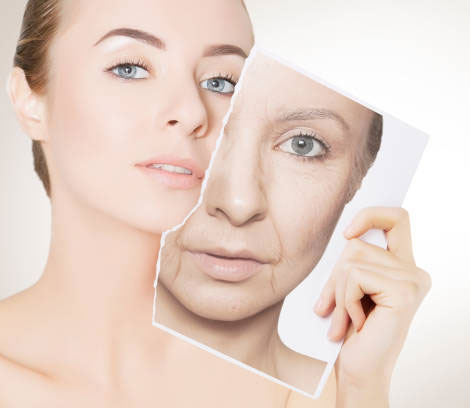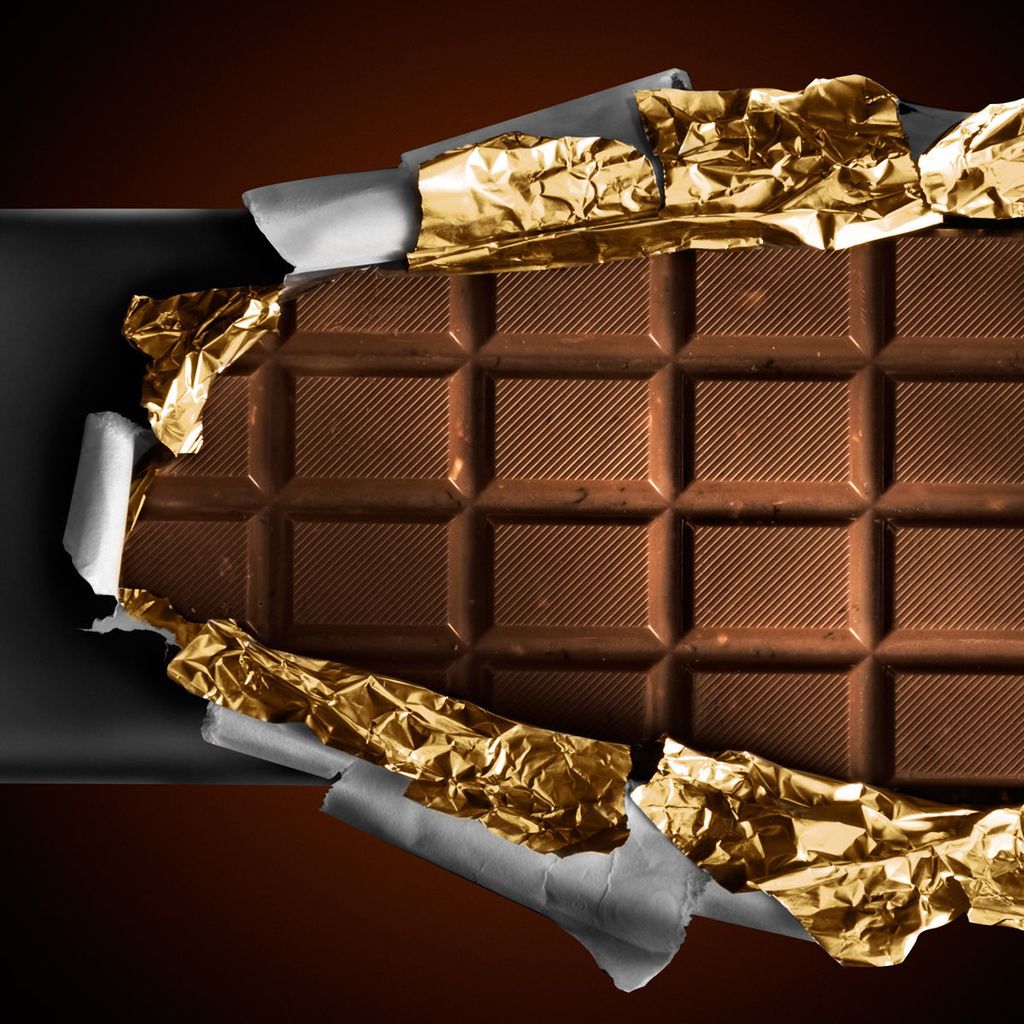Few people can resist the allure of chocolate. Brands like Cadbury, Lindt, and Hershey’s are universally enjoyed, yet they often come with a side of guilt and the temptation to overindulge, which can be a concern for those focused on health.
The pressing question is whether consuming chocolate will hinder your fat loss efforts or potentially lead to weight gain.
Let’s explore whether it’s possible to enjoy chocolate while still achieving fat loss.
Is Chocolate Fattening?
No food is inherently fattening; rather, it’s the overconsumption that can lead to weight gain. For a food to cause weight gain, it would need to create an imbalance in energy storage, contradicting the laws of thermodynamics.
That said, food choices do matter. Energy balance remains crucial for fat loss, but some foods are more nutritionally beneficial and supportive of health than others. Chocolate, due to its calorie density and highly appealing taste, can be easy to overeat.
Opting for a diet rich in whole foods—such as quality proteins, healthy fats, fruits, and vegetables—ensures your body gets the essential nutrients needed to function optimally and support your fat loss goals.
Is Chocolate Healthy?
Chocolate is derived from cacao, which is rich in minerals and antioxidants that offer several health benefits.
However, it’s important to differentiate between types of chocolate. Milk and white chocolates predominantly contain sugar, cocoa butter, milk, or milk powder, with only a small amount of actual cocoa. True health benefits are found in dark chocolate, which is higher in cocoa content and lower in sugar.

Why Choose More Cocoa?
Cocoa is abundant in flavonols, which are antioxidants. Research indicates that cocoa may reduce the risk of heart disease, improve blood pressure, decrease inflammation, and enhance insulin sensitivity.
Opting for chocolate with at least 85% cocoa provides a higher concentration of beneficial flavonols. While dark chocolate can be a healthier choice compared to high-sugar snacks, it remains calorie-dense and should be consumed in moderation.
Can You Eat Chocolate and Still Achieve Your Goals?
No single food guarantees fat loss, and no food is inherently harmful. However, some foods are more conducive to fat loss and overall health.
Foods that support fat loss are typically those that help manage appetite and enhance various health factors, including recovery, stress levels, cognition, sleep, and performance. While avoiding sweet treats might feel restrictive, maintaining a balanced diet can help you stay consistent with your health plan.
To reach your fat loss objectives, focus on:
- Maintaining a consistent calorie deficit
- Eating a diet rich in nutrient-dense whole foods
- Engaging in regular physical activity
- Incorporating resistance training
- Managing stress and ensuring quality sleep
If you wish to include chocolate in your diet while pursuing specific goals, opting for dark chocolate can be a better choice. Just remember to enjoy it in moderation due to its high-calorie content.




Leave a Reply